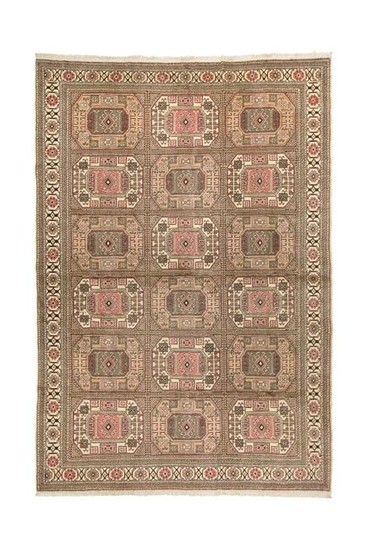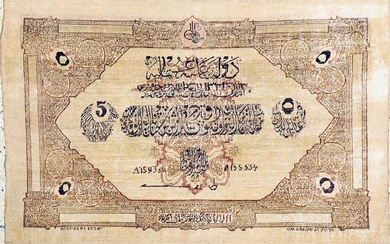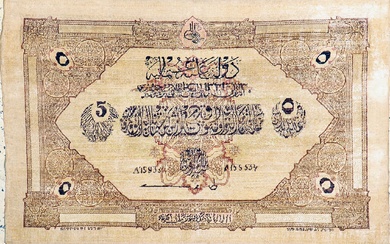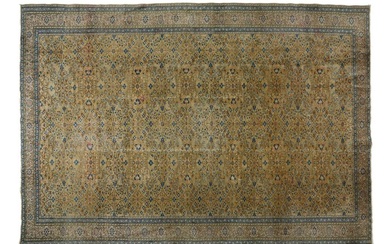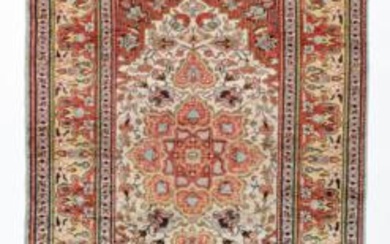Kayseri 280 X 194 cm
Origin :Â Anatolian
Size:Â 280 x 194 cm (Approximately 110.2 X 76.4 inch)
Age:Â Mid 20th Century
Knots 4 x 4 = 16 knots per sq cm
Condition: Perfect
Description of Design and History:
Kayseri, the capital of a vilayet in central Anatolia, has an important history. The Hittite settlers called it Mazaka; under the Romans (Trainan Ceasarea) it became Eusebeia, and from the 11 th century, after the Seljuk conquered the town, it became known as Kayseri. A great number of knotted carpets are made in and around Kayseri, both in workshops and by hired labour at home. Old or very old Kayseri carpets, with the warp of cotton, and with richly decorated medallions and the traditional prayer pattern, have become a rarity.
All natural dyes are paramount for the carpet to have more than just decorative value. Beyond that, various dyers had varying levels of skill and invested different lengths of time in dyeing the yarns. The Å“quality of color“its radiance and level of nuance within each color“is centrally important. Certain rare colors such as Tyrian purple, saffron yellow, cochineal rose and greens add to the carpetâ„¢s value
Condition Report: The absence of a condition report does not imply that the lot is in perfect condition. Please carefully read our terms of sale, shipping pick up & payment information. We are happy and willing to answer questions about any of our lots as well as to send additional images. It is the responsibility of the bidder to pose any questions BEFORE bidding. Please email us for a shipping quote if needed. All sales are final.
View it on
Estimate
Time, Location
Auction House
Origin :Â Anatolian
Size:Â 280 x 194 cm (Approximately 110.2 X 76.4 inch)
Age:Â Mid 20th Century
Knots 4 x 4 = 16 knots per sq cm
Condition: Perfect
Description of Design and History:
Kayseri, the capital of a vilayet in central Anatolia, has an important history. The Hittite settlers called it Mazaka; under the Romans (Trainan Ceasarea) it became Eusebeia, and from the 11 th century, after the Seljuk conquered the town, it became known as Kayseri. A great number of knotted carpets are made in and around Kayseri, both in workshops and by hired labour at home. Old or very old Kayseri carpets, with the warp of cotton, and with richly decorated medallions and the traditional prayer pattern, have become a rarity.
All natural dyes are paramount for the carpet to have more than just decorative value. Beyond that, various dyers had varying levels of skill and invested different lengths of time in dyeing the yarns. The Å“quality of color“its radiance and level of nuance within each color“is centrally important. Certain rare colors such as Tyrian purple, saffron yellow, cochineal rose and greens add to the carpetâ„¢s value
Condition Report: The absence of a condition report does not imply that the lot is in perfect condition. Please carefully read our terms of sale, shipping pick up & payment information. We are happy and willing to answer questions about any of our lots as well as to send additional images. It is the responsibility of the bidder to pose any questions BEFORE bidding. Please email us for a shipping quote if needed. All sales are final.
